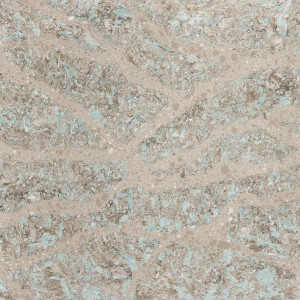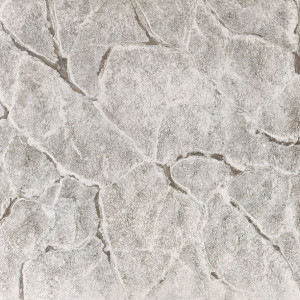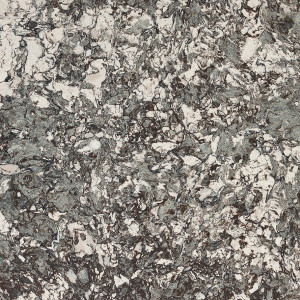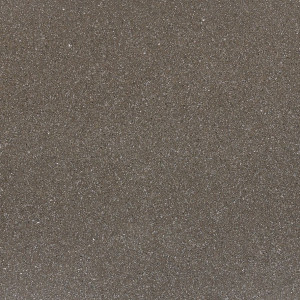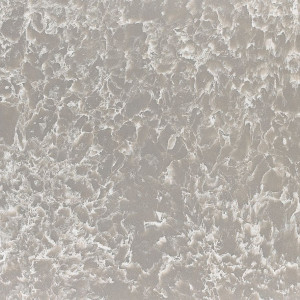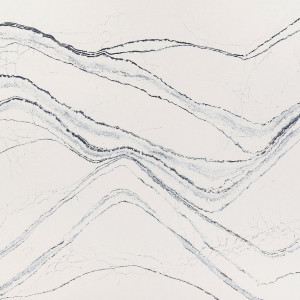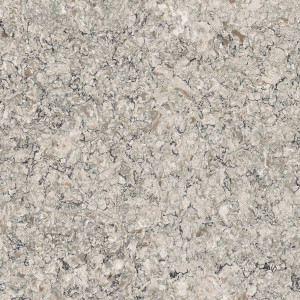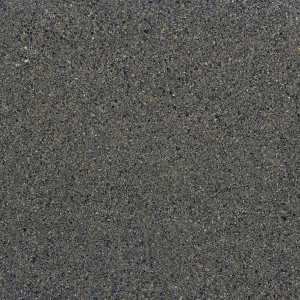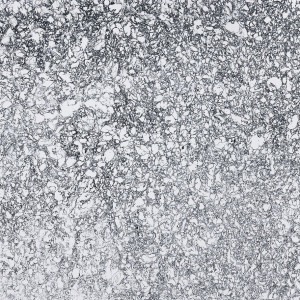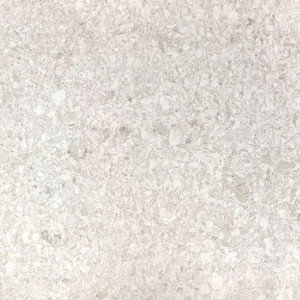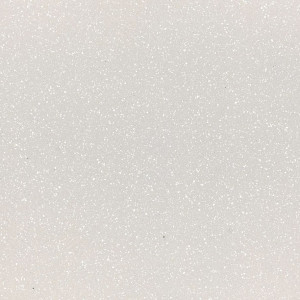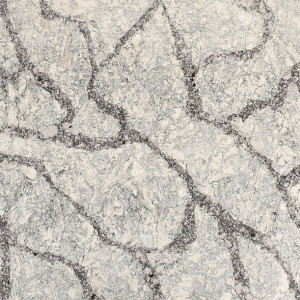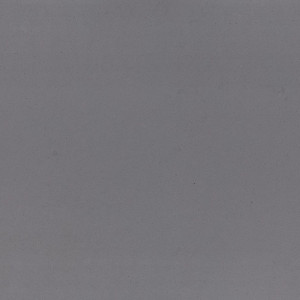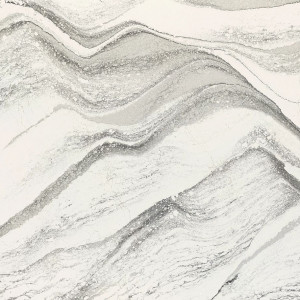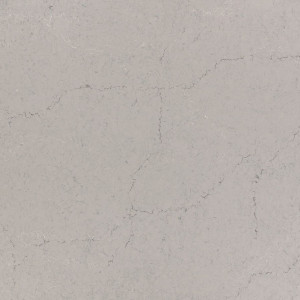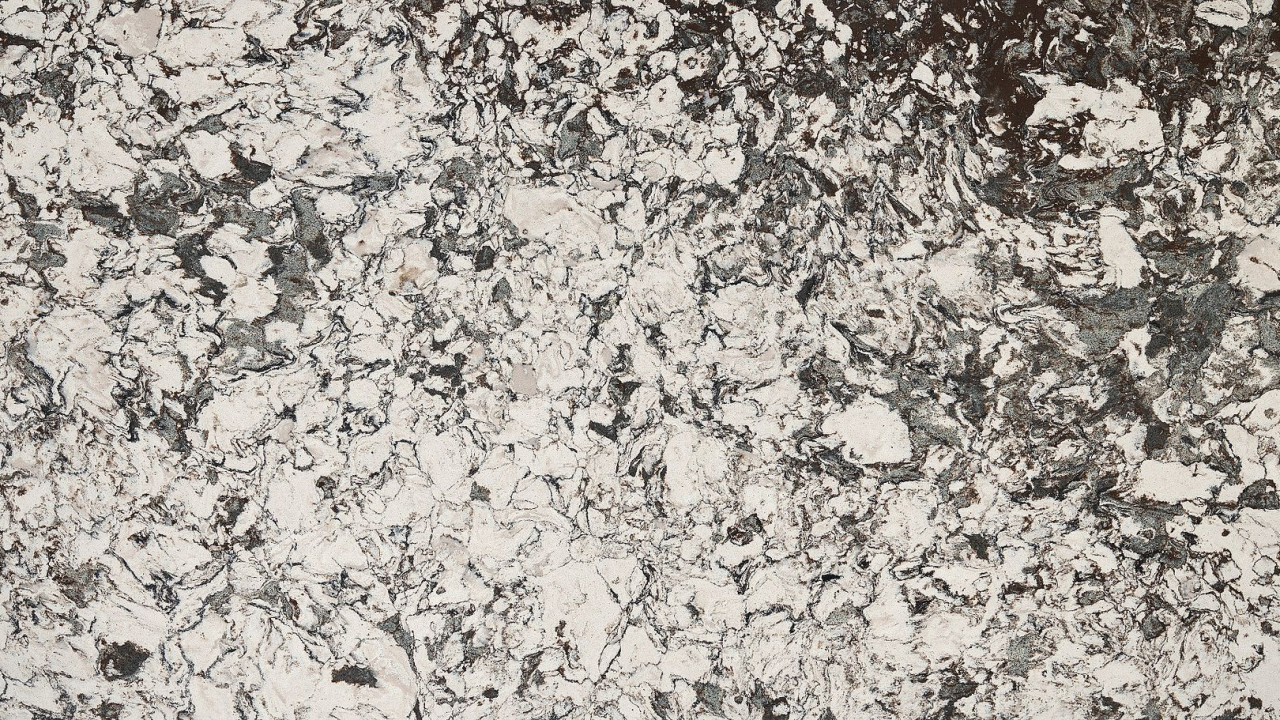
Huntley Quartz
Huntley is used for warm aesthetics and it is a quartz surface that features walnut-brown accents in contrast to the gradation offered by the broader spots of gray. The abstract expressions that are conveyed through the Huntley will remind homeowners of cloud formations and an overlooking landscape of a snowy mountain. The Huntley is typically used for a classic look and pairs well with the decor that emphasizes a white-on-white color scheme.
Upon closer look, the Huntley will utilize gentle beige shades to amplify the overall condition. The Huntley is typically differentiated from other stones because of the etches and refined lines that the gray lines retain. Darker or lighter, depending on the positioning of the palettes, the Huntley uses bold veining to emphasize this expressionist appearance. Installed for contemporary interior designs, the walnut that the Huntley conveys is like a slight fragrance that pours over a delicious dish. For the Huntley to be appreciated, the stone’s appearance needs to be seen through a specific purview. The potential visualizations that are available for the Huntley are vast and are only stymied by the homeowner’s imagination.
Material Type: Quartz
Country of origin: Other
Colors: Grey, White, Black
- 1. Do quartz countertops need to be sealed?
- Quartz is a non-porous material and therefore it does not need to be sealed.
- 2. Is quartz heat resistant?
- While quartz countertops can withstand some heat, it is always recommended to use trivets when placing hot objects on quartz countertops.
- 3. Can I cut on a quartz countertop?
- Quartz is scratch resistant, however it is always recommended to use a cutting board when cutting on the countertops.
- 4. Is quartz stain resistant?
- Yes, unlike natural stone, quartz is resistant to most common types of stains.
- 5. Where can I install quartz?
- Quartz can be installed on most surfaces around the home, including kitchen countertops, backsplashes, vanity tops and more.
- 1. Do you provide free samples? How many samples can I take?
- At marble.com samples are free, and we encourage our clients to take up to ten samples per visit.
- 2. What materials can I find at your facilities?
- All Marble.com facilities carry slabs of granite, quartz, quartzite, marble, soapstone, slate, limestone, and travertine. Our Ridgefield Park yard has the largest selection, also offering slabs of gemstone, porcelain, and glass.
- 3. Why should I see a slab in person?
- Since every slab of natural stone is completely unique, we recommend visiting one of our facilities to see slab patterns and variations in person.
- 4. Where does your material come from?
- At marble.com we source our stone only from the most reputable quarries from around the globe, including those from Italy, Spain, Brazil, and India.
- 5. Why is some stone more expensive than others?
- Stone slabs that are extremely rare and boast unique colors tend to be more expensive than commonly found stone.
- 6. Do I have to seal natural stone?
- We do recommend sealing natural stone countertops periodically, the frequency of sealing the stone depends on the material.
- 7. What is a honed finish?
- A honed stone finish refers to the smooth, matte surface of the material, which creates a visibly lighter and softer tone. While honed finish might be an ideal design choice for some homeowners, it also makes the stone more susceptible to staining and etching.
- 8. Can a chip on my countertop be repaired?
- Most chips, smaller than a dime in diameter, can be repaired by the homeowner using a chip repair kit. We do recommend professional service care for larger chips.
- 9. Can I install my own countertops?
- We recommend professional installation, completed by our trained technicians for all major projects, however some smaller pieces may be installed by the customers.




 Facebook
Facebook
 Twitter
Twitter
 E-mail
E-mail
 LinkedIn
LinkedIn
 Pinterest
Pinterest
